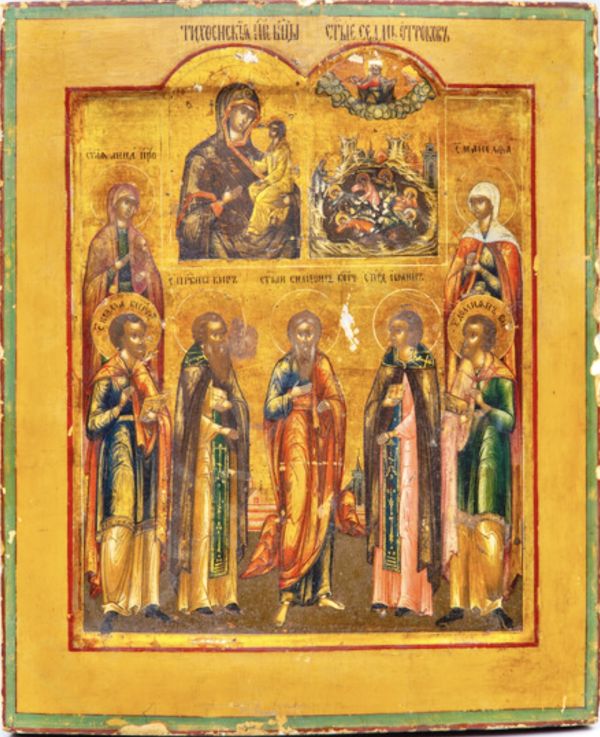In today's passage from John's Gospel Jesus pronounces a phrase that is both wonderful and challenging: «Holy Father, keep them in your Name which you have given me, that they may be One like us» (John 17:11b).
This expression contains an inexhaustible treasure and is the motor and raison d'être of every mission.
Francis consumed himself, and so did Clare, for the cause of unity in the fraternity and in the world, because peace also derives from it.
In the 'Franciscan workshop' of the Sources we find a range of passages that, directly and indirectly, point to the unity pursued by the Assisian Poor.
In the Letter to the Faithful:
"Oh, how glorious and holy and great it is to have a Father in heaven!
Oh, how holy, how consoling, how beautiful and admirable it is to have such a Spouse!
Oh, how holy, how delightful, how pleasant, how humble, how peaceful, how sweet and lovable and above all desirable to have such a brother and son, who offered his life for his sheep and prayed to the Father for us, saying
"Holy Father keep them in thy name [...] that they may be sanctified in unity, as we are" (FF 201).
Celano's Second Life:
"It was his constant desire and vigilant care to maintain among his children the bond of unity, so that those who had been drawn by the same spirit and begotten by the same father would live together in one mother's womb.
He wanted the major and minor to merge, the learned to be bound with fraternal affection to the simple, the religious, though far apart, to feel united by the cement of love" (FF 777).
Francis also recommended unity of hearts to the poor sisters of St Damiano and in the Rule of Clare:
"For the purpose of preserving the unity of mutual charity and peace, let all those in charge of the offices of the monastery be elected by common consent of all the sisters" (FF 2782).
For the sake of all this Francis composed a song for the Damianite sisters, knowing them to be distressed by his infirmity, and, not being able to go to them in person, he sent some of his companions to make the recluses hear that song.
"In it Francis proposed to manifest to the sisters, then and forever, his ideal: that they should be one heart in charity and fraternal coexistence, since when the brothers were still few, they had been converted to Christ, following the example and advice of him, Francis" (FF 1594).
United to Jesus in order to be united among them, in his footsteps.
The concluding prayer of the Poverello, in the Letter to the whole Order, reads:
"Almighty, eternal, just and merciful God, grant to us miserable people to do, by the power of your love, what we know that you want, and to always want what pleases you, so that, inwardly purified, inwardly enlightened and kindled by the fire of the Holy Spirit may we follow in the footsteps of your beloved Son, our Lord Jesus Christ, and, with the help of your Grace alone, come to you, O Most High, who in perfect Trinity and in simple Unity live and reign glorious, Almighty God for ever and ever. Amen" (FF 233).
Wednesday of the 7th wk. in Easter (Jn 17:11b-19)












